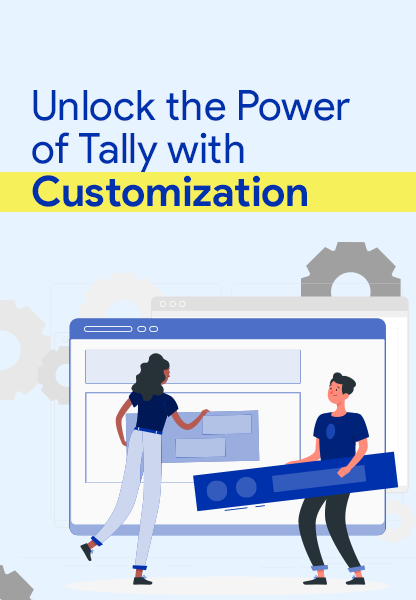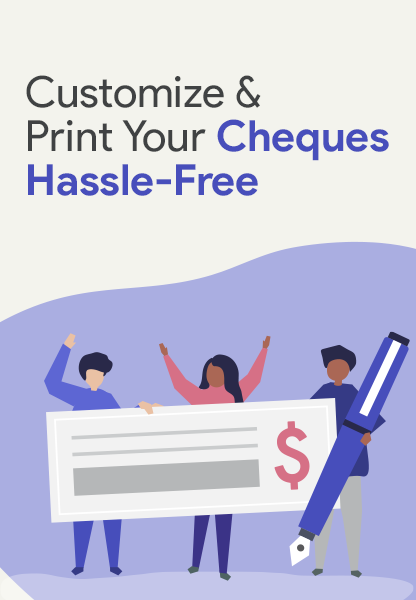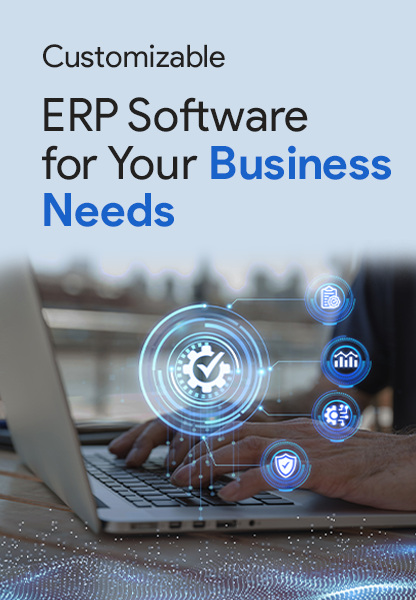
The Quickest & Easiest Way to E-invoice in Saudi Arabia
In recent years, the global business landscape has witnessed a paradigm shift towards digitalization, and Saudi Arabia is no exception. Electronic invoicing (e-invoicing) adoption is crucial for modernizing business processes. It improves efficiency and ensures compliance with regulatory standards. This article explores the fastest and easiest way to implement e-invoicing in Saudi Arabia. It focuses on how Accounting Software can benefit businesses in the Kingdom.
Exclusive - Upto 50% Off
What is e-invoicing?
The process of producing digital invoices in compliance with ZATCA rules in the Kingdom of Saudi Arabia (KSA) is known as e-invoicing. You can use the common ZATCA interface to electronically validate B2B, B2G, and B2C invoices as needed by following this approach.
The electronic invoicing procedure consists of two steps. In the first phase, taxpayers must produce and retain electronic invoices instead of paper bills, credit cards, and debit notes. Taxpayers must upload these invoices to ZATCA's system and authenticate them. Only after completing this process can they share the invoices with the buyers in the second phase.
The Need for E-invoicing in Saudi Arabia:
Saudi Arabia is a prominent economic player in the Middle East. It has been actively pursuing digital transformation initiatives to enhance its business environment. The Kingdom's Vision 2030 outlines a commitment to building a vibrant digital economy. E-invoicing is a key component in achieving this goal.
E-invoicing offers several advantages over traditional paper-based invoicing, including reduced processing time, enhanced accuracy, and improved transparency. Additionally, the implementation of e-invoicing aligns with the Saudi Arabian government's efforts to streamline financial processes and combat fraud.
Types of e-invoices in Saudi Arabia
ZATCA made it clear that all forms of tax invoices subject to VAT shall be issued as e-invoices. There are various kinds of electronic invoices, and the most commonly used tax invoices are listed below:
The term "standard tax invoice" refers to an invoice that one business sends to another (B2B) and includes all the necessary information, including the VAT registration numbers of the buyer and seller.
Simplified tax invoice: An invoice that often comes from a business-to-consumer (B2C) relationship and includes the essential components of one.
You should use Arabic for generating electronic invoices. Other than Arabic, though, other languages are acceptable.
Who needs to opt for e-invoicing?
In the Kingdom of Saudi Arabia, e-invoicing is mandatory for all taxable goods and services that are subject to VAT (including standard and zero rates). Therefore, creating electronic invoices and following ZATCA guidelines are normal procedures for all VAT-registered businesses. Organizations that need to register but haven't yet done so also need to abide by the e-invoicing guidelines.
In addition to businesses, the e-invoicing regulation also covers the following individuals.
- any resident of the KSA who is subject to taxes.
- any client or third party who resides in KSA and submits a tax invoice on behalf of the taxable person in compliance with the VAT legislation.
Elate Accounting Software: An Ultimate Solution for Saudi Arabian Businesses
Elate Accounting Software has emerged as a reliable and user-friendly solution for businesses seeking a quick and easy transition to e-invoicing in Saudi Arabia. Here's how Elate stands out:
Compliance with Saudi Arabian Regulations:
Elate Accounting Software is designed to comply with the specific regulations and standards set by the Saudi Arabian government. This ensures that businesses using Elate can seamlessly integrate e-invoicing into their operations while staying in full compliance with local laws.
User-Friendly Interface:
One of the key reasons businesses hesitate to adopt new technologies is the fear of complexity. Elate eliminates this concern with its intuitive and user-friendly interface. The software is designed for easy navigation, making it accessible to users with varying levels of technological expertise.
Efficiency and Time Savings:
Elate streamlines the invoicing process, reducing the time and effort traditionally associated with manual invoicing. Automation features enable businesses to create, send, and track invoices effortlessly, allowing them to focus on core operations rather than administrative tasks.
Customization and Scalability:
Elate Accounting Software offers customization options to cater to the unique needs of different businesses. Whether you run a small startup or a large enterprise, Elate is scalable and adaptable to accommodate your evolving invoicing requirements.
Integration Capabilities:
Elate seamlessly integrates with other accounting and business management tools, creating a unified ecosystem for financial operations. This integration ensures data accuracy, eliminates redundancy, and provides a holistic view of the business's financial health.
The Bottom Line
The adoption of e-invoicing is not just a technological upgrade but a strategic move towards a more efficient and compliant business environment. In Saudi Arabia, where digital transformation is a priority, businesses can benefit immensely from embracing e-invoicing with ERP Software.
By choosing Elate, businesses can ensure a smooth transition to e-invoicing, meeting regulatory requirements and unlocking the potential for increased efficiency and productivity. The quickest and easiest way to e-invoice in Saudi Arabia is within reach with Elate Accounting Software, making it a valuable asset for businesses navigating the digital landscape of the Kingdom.









